EGM Combination Courses and Jobs You Can Do After Graduation
The EGM combination involves the study of three core subjects: Economics, Geography, and Mathematics (pure). Economics examines how societies allocate resources and make decisions about production, distribution, and consumption.
Geography explores the Earth’s physical and human landscapes, including spatial patterns and processes. Mathematics (pure) provides the quantitative tools and analytical methods necessary for understanding and analyzing economic and geographical phenomena.
By combining these subjects, students gain a holistic understanding of the interconnections between economic systems, spatial patterns, and mathematical models.
EGM stands for Economics-Geography and Mathematics.It is an economy based interdiscplinary combination that links various economic fields together thus allowing students to persue a wide range of careers especially those linking together business,economics,finance and related areas of experitise.
In this article we explore programmes/courses that a graduate of EGM can take in any field.
A. Land Planning and Managament Programmes
Bachelor of science in Land Management and Valuation
Bachelor of science in Regional Development Planning
Bachelor of science in Real Estate, Finance and Investment
Bachelor of science in Urban and Regional Planning
Bachelor of science in Housing and Infrastructure Planning
Bachelor of science in Environmental Studies
B. Business and Economics Programmes
Bachelor of arts in Economics and Applied Statistics
Bachelor of arts in Cooperative Management and Accounting
Bachelor of arts in Procurement and Supply Management
Bachelor of science in Production and Operations Management
Bachelor of science in Agricultural Economics and Agribusiness
Bachelor of science in Insurance and Risk Management
Bachelor of science in Economics and Finance
Bachelor of science in procurement and supply chain management
Bachelor of science in family and consumer studies
Bachelor of Accounting and Finance in Public Sector
Bachelor of Accounting and Finance in Business Sector
Bachelor of Business Administration in Innovation and Entrepreneurship Management
Bachelor of Procurement and Supply Chain Management
Bachelor of Business Administration in Marketing Management
Bachelor of Science in Economics-Population and Development. Bachelor of Science in Economics-Project Planning and Management
Bachelor of Science in Economics – Economic Policy and Planning
Bachelor of Science in Information and Communication Technology with Business
Bachelor of Accounting and Finance in Business Sector
Bachelor Degree in Accounting
Bachelor Degree in Procurement and Logistics Management
Bachelor Degree in Marketing and Public Relations
Bachelor of Commerce in Accounting
Bachelor of commerce in finance
Bachelor of Commerce in Human Resource Management
Bachelor of Commerce in Marketing
Bachelor of Commerce in Tourism Management
Bachelor of Science in Agricultural and Natural Resources Economics and Business
Bachelor of Commerce in Entrepreneurship
Bachelor of Commerce in International Business
Bachelor of Commerce in Banking and Financial Services
Bachelor of Agriculture Investment and Banking
Bachelor of Finance and Banking
Bachelor of Economics and Finance
Bachelor degree in Accounting and Taxation
Bachelor degree in Accounting and Finance
Bachelor degree in Economics Of Development
Bachelor degree in Official Statistics
Bachelor of science in agricultural and natural resources economics and busines

C. Fine Arts and Design
Bachelor of arts in Fine arts and Design
D. Business and Economics Programmes
Bachelor of science in Business Information and Communication Technology
Bachelor of science in Economics-population and Development
Bachelor of science in Economics-project Planning and Management
Bachelor of science in Information and Communication Technology with Business
Bachelor of science in Data Management
Bachelor of science in Information Technology
Bachelor of science in Information Systems Management
Bachelor of science in mathematics
Bachelor of science in statistics
Bachelor of science in business information systems
Bachelor of science in Actuarial Statistics
Bachelor of science in Multimedia Technology and Animation
Bachelor of science in Instructional Design and Information Technology
Bachelor of science in Mathematics and Statistics
Bachelor of science in Computer Systems and Networks
Bachelor of science in Applied Statis
E. Educational Programmes
Bachelor degree in business studies with education
Bachelor of commerce with education
Bachelor of education in Mathematics
Bachelor of arts with education(Chinese and English)
Bachelor of science with education (Mathematics,Geography)
Bachelor of Education (Mathematics)
Bachelor of science with Education-Mathematics and ICT
EGM Combination Courses and Jobs You Can Do After Graduation

EGM Combination Jobs Opportunities After Graduation
Graduates with a background in EGM have diverse career opportunities available to them in Tanzania. Some of the jobs and opportunities include:
1. Economist: Analyzing economic data, conducting research, and providing policy recommendations to government agencies, international organizations, and private sector companies.
2. Urban Planner: Developing land use plans, transportation systems, and infrastructure projects to promote sustainable urban development and improve quality of life in cities and towns.
3. Geographic Information Systems (GIS) Analyst: Using GIS technology to collect, manage, analyze, and visualize spatial data for various applications, including urban planning, environmental management, and natural resource mapping.
4. Market Research Analyst: Collecting and analyzing data on consumer preferences, market trends, and competitive dynamics to inform marketing strategies and business decision-making.
5. Environmental Policy Analyst: Evaluating environmental policies and regulations, assessing their impact on ecosystems and communities, and advocating for sustainable and equitable environmental management practices.
6. Development Economist: Studying economic development processes, identifying barriers to growth, and designing strategies to promote inclusive and sustainable development in Tanzania and other developing countries.
7. Regional Planner: Developing regional development plans and strategies to promote balanced economic growth, social equity, and environmental sustainability in different regions of Tanzania.
8. Environmental Consultant: Providing expertise and advice on environmental issues, conducting environmental assessments, and developing mitigation measures for infrastructure projects, industrial activities, and natural resource management.
9. International Development Specialist: Managing development projects and programs funded by international aid agencies, NGOs, and multilateral organizations to address poverty, inequality, and social injustice.
10. Spatial Analyst: Analyzing spatial patterns and relationships using statistical and mathematical methods, and interpreting the results to inform decision-making in various fields such as economics, geography, and urban planning.
11. Financial Analyst: Analyzing financial data, evaluating investment opportunities, and providing recommendations to investors, corporations, and financial institutions.
12. Environmental Scientist: Conducting scientific research, collecting environmental data, and assessing the impact of human activities on ecosystems and natural resources.
13. Policy Analyst: Analyzing public policies, evaluating their effectiveness, and recommending policy reforms to address socio-economic and environmental challenges in Tanzania.
14. Market Development Specialist: Identifying market opportunities, developing marketing strategies, and facilitating market access for Tanzanian products and services in domestic and international markets.
15. Researcher: Conducting academic or applied research in economics, geography, or mathematics, and publishing findings in peer-reviewed journals or presenting them at conferences and seminars.


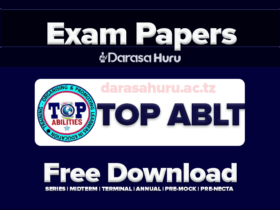
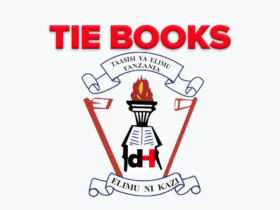

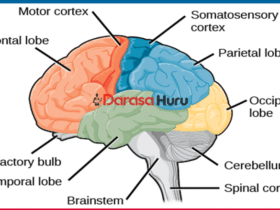
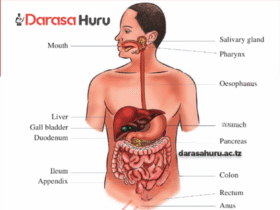



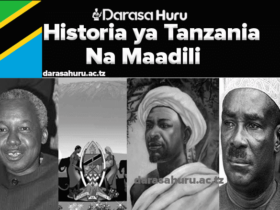
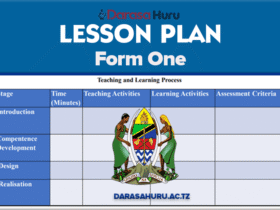

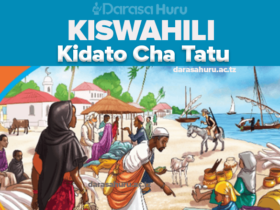

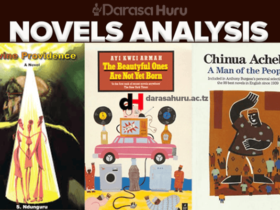



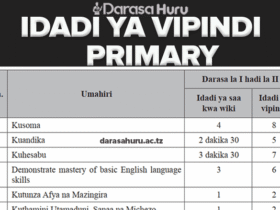
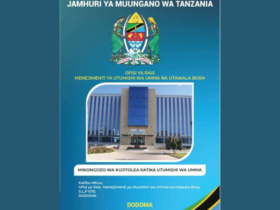
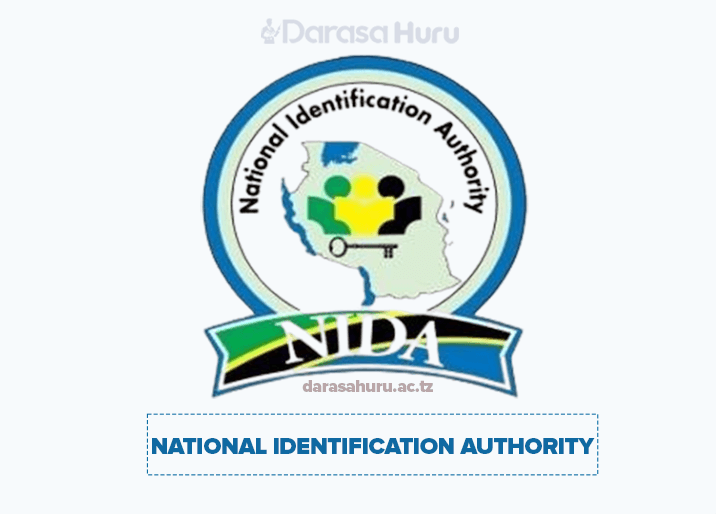




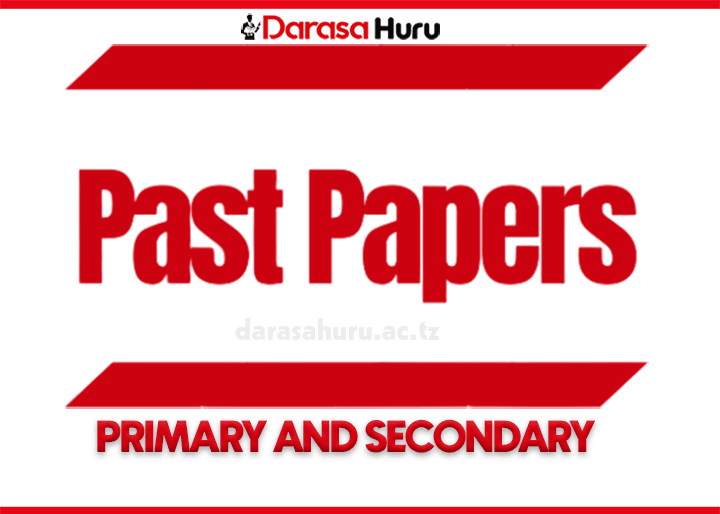

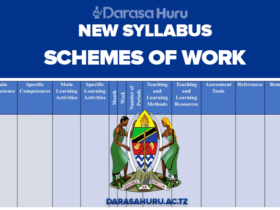


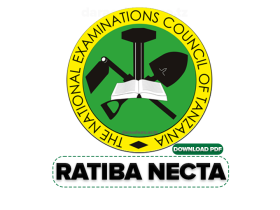




Leave a Reply